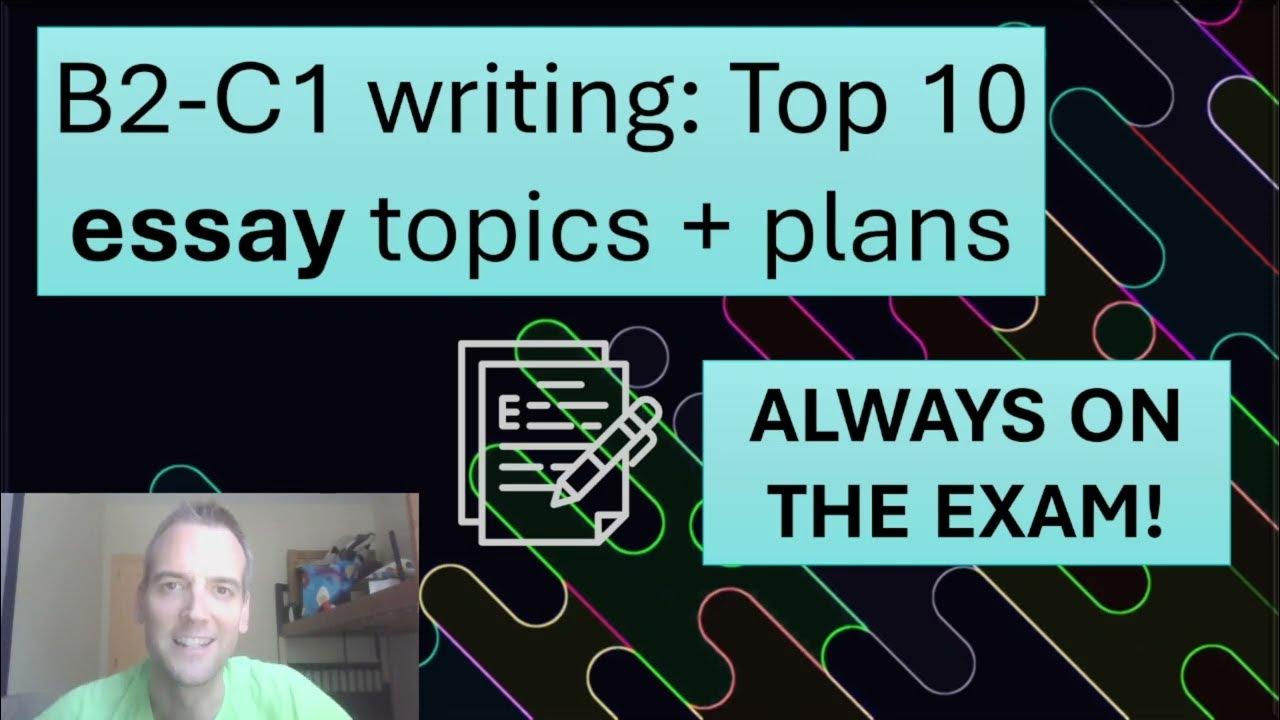NSW Y11-12 English: Analysing Drama in Theory: Techniques
Summary
TLDRThis video offers a practical guide on how to analyze drama effectively for exams or essays. It breaks down the analysis process into four essential steps: reading the play thoroughly, understanding the question, analyzing dramatic techniques, and constructing a clear argument. Key techniques include examining stage directions, props, lighting, and phonetic elements, as well as how to use evidence to support an argument. Through examples from *King Lear*, the video demonstrates how to connect dramatic methods to the themes of the play, helping students create strong, focused arguments that directly answer exam questions.
Takeaways
- 😀 Read the play multiple times to fully understand its content and avoid missing subtleties that are essential for analysis.
- 😀 Jot down initial impressions while reading the play as they might serve as useful entry points for deeper analysis.
- 😀 Break down the question you need to answer, identifying key terms and focusing on what the question is really asking you to do.
- 😀 Create a thesis statement that directly answers the question and use it to guide your analysis in each paragraph.
- 😀 Analyze key dramatic elements like stage directions, props, lighting, and structure to understand their effect on the audience.
- 😀 Pay attention to phonetic elements (sounds, repetition, meter) that can influence the tone and meaning of the play.
- 😀 Always relate your analysis to the text, considering how elements like stage directions contribute to the overall argument.
- 😀 Don't just point out dramatic features—connect them back to your thesis and explain how they support your argument.
- 😀 When examining a scene, consider its visual and symbolic elements to understand their deeper meanings.
- 😀 In your conclusion, synthesize your best analysis to support a cohesive argument, ensuring all evidence ties back to your thesis.
Q & A
What is the first and most important step in analyzing a drama?
-The first and most important step is to read the play carefully. It's crucial to understand the literal events and dialogue in the play before diving into deeper analysis.
Why is it important to read the play multiple times?
-Reading the play multiple times helps to uncover subtleties and nuances that might not be apparent in a single read. This ensures a deeper understanding of the text.
What is a helpful tip to use while reading the play?
-A helpful tip is to jot down any initial thoughts or observations that stand out during your reading. These points might be key to your analysis later.
How should you approach the exam or essay question?
-You should break down the question into key terms and themes. This allows you to focus on what the question specifically asks and ensures your analysis stays on track.
What is the importance of creating a thesis statement in an analysis?
-A thesis statement helps clarify your argument and keeps your analysis focused. It serves as a roadmap for your essay, ensuring that each paragraph aligns with your central argument.
Why is it necessary to refer to other parts of the play when answering a question?
-Referring to other parts of the play strengthens your argument by showing a broader understanding of the text, helping you to demonstrate that you know the play well.
What are dramatic methods, and why are they important in drama analysis?
-Dramatic methods include aspects like stage directions, props, lighting, sound, dramatic structure, and phonetic elements. They are important because they shape the audience’s emotional and intellectual response to the play.
How can stage directions contribute to the analysis of a play?
-Stage directions can provide significant insights into the emotional tone or meaning of a scene. For example, the direction of King Lear carrying Cordelia’s dead body can evoke sympathy and provide a reference to a famous religious image, adding depth to the interpretation.
What is the golden rule when constructing an argument in drama analysis?
-The golden rule is that all evidence must serve a purpose. It’s not enough to mention literary techniques or features of the play; you must always explain how they support your argument and answer the question.
How should evidence be used in drama analysis?
-Evidence should be used to support your argument. You must not just identify features like metaphors or stage directions but also explain how they contribute to the overall theme or argument you’re making in your analysis.
Outlines

This section is available to paid users only. Please upgrade to access this part.
Upgrade NowMindmap

This section is available to paid users only. Please upgrade to access this part.
Upgrade NowKeywords

This section is available to paid users only. Please upgrade to access this part.
Upgrade NowHighlights

This section is available to paid users only. Please upgrade to access this part.
Upgrade NowTranscripts

This section is available to paid users only. Please upgrade to access this part.
Upgrade NowBrowse More Related Video

Most common B2-C1 ESSAY topics

How to Outline a Synthesis Essay for AP Lang | Coach Hall Writes

ESTRUTURA DO PARÁGRAFO NA REDAÇÃO - Profa. Pamba

TEXTO ARGUMENTATIVO: CARACTERÍSTICAS - Tipologia Textual - Aula 7 - Profa. Pamba

3 Essay Titles You Should Plan 2025 - AQA A-level Biology paper 3 | Biology essay plans PART 1

3 Common Mistakes on the AP Lang Exam
5.0 / 5 (0 votes)